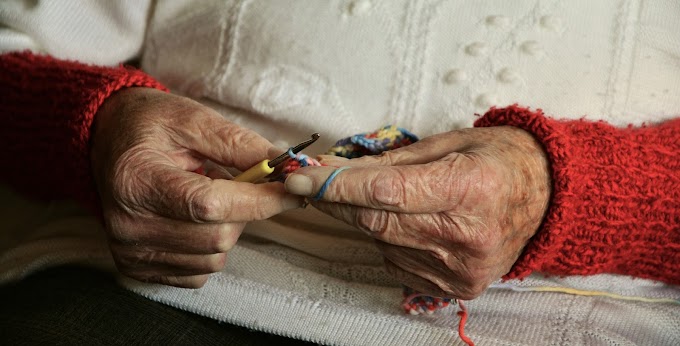Here are 10 simple tips to help prevent blood sugar spikes:
Choose Complex Carbohydrates:
Opt for complex carbohydrates that are high in fiber, such as whole grains, legumes, and vegetables. These foods are digested more slowly, resulting in a slower and steadier rise in blood sugar levels.
Watch Portion Sizes:
Be mindful of portion sizes to avoid consuming excessive amounts of carbohydrates at once. Even healthy foods can cause blood sugar spikes if eaten in large quantities.
Include Protein and Healthy Fats:
Combining carbohydrates with protein and healthy fats can help slow down digestion and minimize blood sugar spikes. Examples include pairing whole-grain bread with nut butter or adding lean protein to your meals.
Avoid Sugary Drinks:
Sugary beverages like soda, juice, and sweetened coffee drinks can rapidly raise blood sugar levels. Opt for water, unsweetened tea, or infused water instead.
Regular Physical Activity:
Engaging in regular exercise can help improve insulin sensitivity and regulate blood sugar levels. Aim for at least 150 minutes of moderate-intensity aerobic activity per week, along with strength training exercises.
Stay Hydrated:
Drinking plenty of water can help maintain proper hydration and prevent blood sugar imbalances. Dehydration can contribute to higher blood sugar levels.
Manage Stress Levels:
High-stress levels can impact blood sugar control. Implement stress management techniques such as deep breathing exercises, meditation, or engaging in activities you enjoy.
Get Enough Sleep:
Inadequate sleep can affect blood sugar regulation and insulin sensitivity. Aim for 7-9 hours of quality sleep each night to support overall health and blood sugar management.
Choose Low-Glycemic Foods:
Foods with a low glycemic index (GI) are digested more slowly and have a lesser impact on blood sugar levels. Examples include non-starchy vegetables, berries, and whole grains like quinoa or steel-cut oats.
Regular Monitoring:
Keep track of your blood sugar levels through regular monitoring, especially if you have diabetes or prediabetes. This will help you identify patterns and make adjustments to your diet and lifestyle as needed.
Remember, it's always advisable to consult with a healthcare professional or a registered dietitian for personalized advice and guidance on managing blood sugar levels, especially if you have diabetes or other medical conditions.
They can provide tailored recommendations based on your specific needs and health status.
If you have a question or comment or any discussion, please call or send a message.
Our Address:
Hope Diagnostics and Research Laboratory
Unit-3, 34, behind Ram Mandir, Ekamra Vihar, Kharvela Nagar, Bhubaneswar, Odisha 751001
Call Us: 09238582444 / 7894132927









